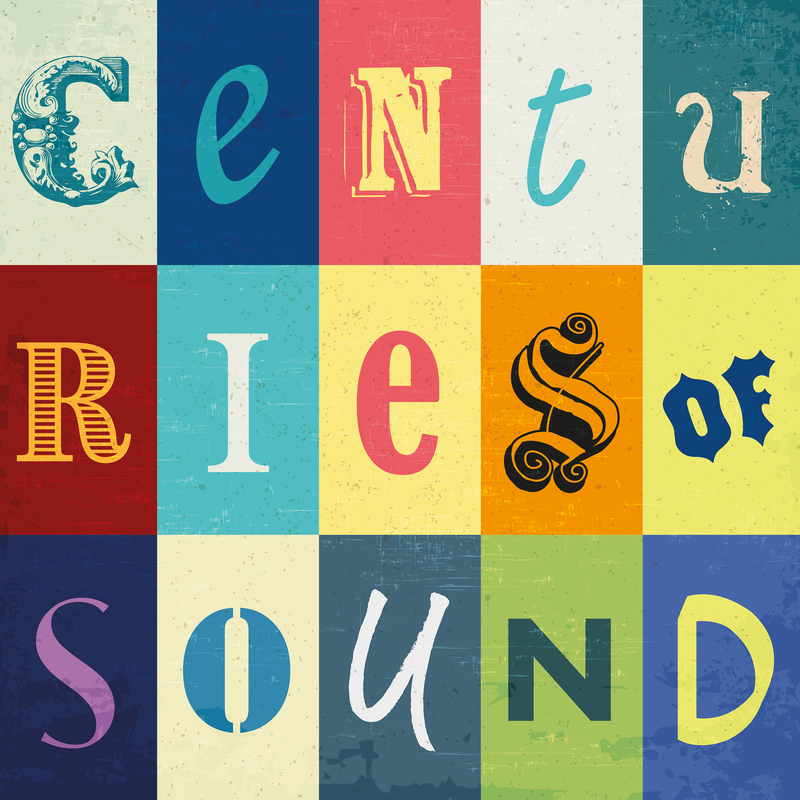
This episode currently has no reviews.
Submit Review- Podcast |
- Centuries of Sound
- Publisher |
- James Errington
- Media Type |
- audio
- Categories Via RSS
- Publication Date |
- Apr 10, 2017
- Episode Duration |
- Unknown
banner.jpg?resize=640%2C360&ssl=1" alt="1889 Banner" width="640" height="360">
MP3 download | Patreon | Apple | Mixcloud | Spotify | Castbox | Stitcher | RSS
1889 is by no stretch of the imagination a golden year for recorded music. A blip on the otherwise upwards trajectory in terms of both sound quality and things being recorded, it is, frankly, the worst possible starting point for anyone dipping in. With little in the way of technical improvements, it’s notable only for the presence of a handful of famous names (probably more than for any year until the 1910s) and the inclusion of a Berliner disc recording.
Tracks
1. Effie Stewart & Theo Wangemann – The Pattison Waltz 2. Benjamin Harrison – Speech Excerpt 3. Issler’s Orchestra – The Fifth Regiment March 4. Otto von Bismarck – Spoken Words, October 7, 1889 5. Ludwig Karl Koch – Birdsong of Indian Sharma 6. Johannes Brahms – Hungarian Dance No. 1 (Excerpt) 7. Robert Browning – Passage from How They Brought the Good News from Ghent to Aix 8. Peter Schram – Leporello Aria Excerpts 9. Emile Berliner – Zahen, a, b, c
After a fluffed introduction, the mix begins with Effie Stewart, a soprano soloist at St. Patrick’s Cathedral in New York, accompanied by Edison technician Theo Wangemann on the piano. This is followed by the first recording of a US president, the often forgotten Benjamin Harrison. Then a return from Edison house band Issler’s Orchestra, this time playing something with a name, and a speech from another world leader, Otto von Bismarck, who would remain as the German chancellor (a role and a country that he created) until the following year. Another German is responsible for the following clip, the first recording of birdsong, recorded by 8-year-old Ludwig Karl Koch, already a pioneer in nature recording. Then a few words from Johannes Brahms and a frankly unbearable (but mercifully short) excerpt of his piano playing. Then another world-renowned artist, the apparently drunk 77-year-old Robert Browning, who is unable to remember the words to one of his most famous poems. He died later in the year, and the playing of this cylinder represented the first speech from beyond the grave. Then we have 70-year-old basso cantante Peter Shram running through some of his greatest hits, and finally a reconstruction of Emile Berliner reading the alphabet.
None of this is hugely exciting, and not much of it is listenable, but at this stage there’s little choice.
This episode currently has no reviews.
Submit ReviewThis episode could use a review! Have anything to say about it? Share your thoughts using the button below.
Submit Review